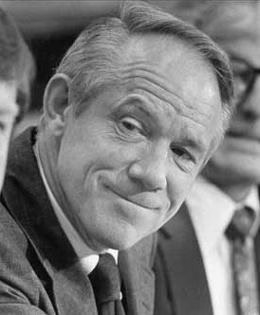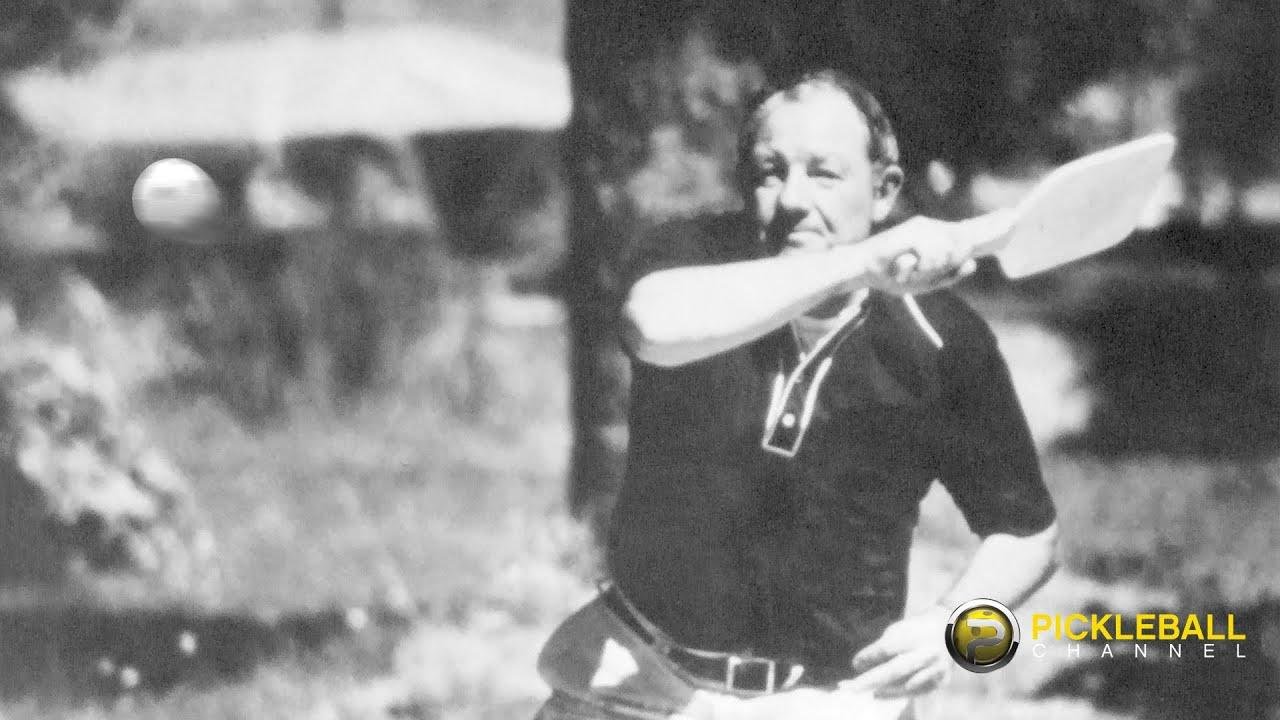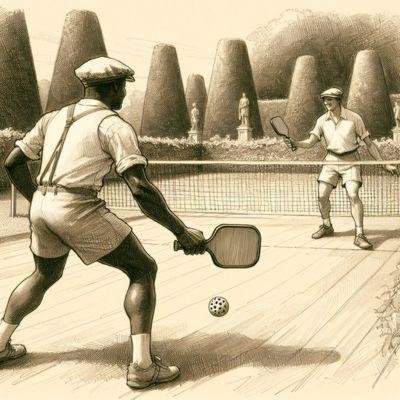Blog
who created pickleball

In the realm of sports, stories of invention often mirror the spontaneity of the games themselves: a dash of creativity, a sprinkle of necessity, and a splash of community spirit. Among these tales is the emergence of a game that has captured the hearts of players across generations—pickleball. Blending elements of tennis, badminton, and ping-pong, this unique sport has become a beloved pastime, particularly in the United States. But as with all great innovations, its origins are rooted in a singular moment. So, who was the visionary behind pickleball? Join us as we explore the fascinating story of its creation, the inspiration that ignited the idea, and the journey of how one simple game evolved into a nationwide phenomenon.
The Origins of Pickleball and Its Inventors
Pickleball, a sport that has grown immensely in popularity, traces its roots back to 1965 on Bainbridge Island, Washington. The game was created by three friends: Joel Pritchard, Bill Bell, and Bob Most. Initially intended as a way to entertain their families during a summer day, the trio set out to devise a game that combined elements of tennis, badminton, and ping-pong. They improvised with equipment they had on hand, crafting paddles from plywood and using a perforated plastic ball, which allowed them to develop a game that balanced fun and competition.
As word spread, this innovative pastime captured the attention of their neighbors and quickly turned into a community affair. The name “pickleball” is believed to have originated from Joel Pritchard’s dog, Pickles, who would chase the balls around the court. Over time, the sport evolved, leading to formalized rules and dedicated pickleball courts. Today, it is played by individuals of all ages across the globe, fostering a sense of camaraderie and bringing people together in pursuit of fun and fitness.

Key Figures Behind the Games Development
The vibrant world of pickleball owes its inception to the collective vision and ingenuity of a few passionate individuals. At the core of this sport’s creation were Joel Pritchard, Bill Bell, and Bob Swick. The trio embarked on a quest during the summer of 1965 to entertain their families on Bainbridge Island, Washington. Using the equipment they had on hand, including a badminton net and some old ping-pong paddles, they devised a new game that blended elements of tennis, badminton, and table tennis. This spur-of-the-moment experiment laid the foundation for what would become one of the fastest-growing sports in the United States, as they adapted rules and equipment, ensuring accessibility and fun for players of all ages.
As word of the game spread, the need for structure and organization became apparent. In 1972, to formalize these efforts, the USA Pickleball Association (USAPA) was founded, establishing standardized rules and promoting the sport across the nation. This pivotal move helped establish pickleball in community centers and recreational facilities, creating an enduring legacy that continues to flourish. Key individuals involved in the early promotion included Marilyn Hinton, who played a crucial role in coordinating tournaments, and Doug Trein, an instrumental figure in spreading the game internationally. Their efforts gave rise to a thriving network of enthusiasts dedicated to cultivating the spirit of pickleball.

How Pickleball Evolved into a Popular Sport
The journey of pickleball from a simple backyard pastime to a mainstream sport is nothing short of fascinating. Originally created in 1965 by Joel Pritchard, Bill Bell, and Barney McCallum, the game emerged as a solution to entertain children during a summer day. With a few modifications to tennis equipment and the clever use of a perforated plastic ball, the trio combined elements of tennis, badminton, and table tennis to create a fun, accessible game. In the years that followed, rules were established, and the game began to gain traction within local communities, quickly becoming a favored activity among families and friends.
The sport’s growth can be attributed to several key factors, contributing to its rise in popularity:
- Accessibility: Players of all ages can easily learn and participate.
- Social Interaction: The sport fosters a sense of community and social connection.
- Health Benefits: Pickleball offers a fun way to stay fit while enjoying friendly competition.
- Facilities Development: Increased investment in courts and organizations dedicated to the sport have made it more accessible.
- Media Exposure: Coverage of tournaments and national championships has raised public interest.
These elements have propelled pickleball into a league of its own, captivating the hearts of millions and solidifying its status as a beloved sport across the globe.

Preserving the Legacy: Recommendations for Future Enthusiasts
For those who want to immerse themselves in the world of pickleball and honor its vibrant history, there are several avenues for exploration. Consider engaging with your local pickleball community by joining clubs or attending tournaments, which provide a fantastic platform to learn the game while connecting with fellow enthusiasts. Additionally, expressing creativity through social media platforms can be an effective way to share experiences, tips, and achievements. Participate in casual leagues and contribute to your community by organizing matches or workshops, helping bridge the generational gap while emphasizing the sport’s rich legacy.
Another impactful way to ensure the sport continues to thrive is by preserving its history and advocating for its expansion. Document your own experiences or collect stories from seasoned players to create a local pickleball archive. Joining national organizations that promote pickleball can help keep you updated on events, resources, and advocacy efforts. Consider the following recommendations:
- Attend Workshops: Learn about teaching techniques and game strategies.
- Support Youth Programs: Volunteer to teach younger generations.
- Document the Evolution: Start a blog or vlog to track changes in gameplay and culture.
- Engage with History: Participate in exhibitions or celebrate pickleball anniversaries.
Q&A
Q&A: The Origins of Pickleball
Q: What is pickleball, and how did it come to be?
A: Pickleball is a fun, fast-paced paddle sport that combines elements of tennis, badminton, and table tennis. It was created in the summer of 1965 on Bainbridge Island, Washington, when three dads—Joel Pritchard, Bill Bell, and Barney McCallum—sought to entertain their children. They improvised a game using a badminton court, some paddles, and a perforated plastic ball, quickly laying the groundwork for what would become a beloved nationwide pastime.
Q: Who were the key figures behind the creation of pickleball?
A: The sport owes its inception to Joel Pritchard, a congressman; Bill Bell, a successful businessman; and Barney McCallum, a local entrepreneur. Each brought their unique talents to the table, creating an informal yet incredibly engaging game that would evolve over the years into a fully-fledged sport enjoyed by people of all ages.
Q: Was there any specific inspiration behind the game’s name?
A: Interestingly, the name “pickleball” did not initially stem from any lofty inspiration but rather from a beloved family dog named Pickles, who would chase after the ball during games. As the story goes, the sport adopted this whimsical name, forging a light-hearted connection that reflects the game’s very spirit.
Q: How did pickleball grow from a backyard pastime to a popular sport?
A: The sport began to gain traction when the Pritchard family and their friends played it regularly. By the 1970s, pickleball started to expand beyond Bainbridge Island. The first official rules were established, and the sport began to feature in schools and communities across the U.S. The establishment of the USA Pickleball Association in 2005 further solidified its growth, promoting organized play and hosting tournaments, contributing to pickleball’s status as one of the fastest-growing sports in America.
Q: What are some of the key features that make pickleball unique?
A: Pickleball stands out due to its easy accessibility and social nature. The court size is smaller than a tennis court, making the game approachable for players of varying skill levels and ages. The use of paddles and a lightweight ball enhances its appeal, as it requires minimal equipment and can be played both indoors and outdoors, fostering a warm community atmosphere among players.
Q: Can you share a final thought about the legacy of pickleball?
A: As it continues to gain popularity, pickleball’s legacy lies in its unifying spirit and adaptability. From its humble beginnings in the backyard of a few dads to becoming a favorite pastime for millions, pickleball stands as a testament to how simple ideas can create lasting joy and connection among diverse communities. Its story inspires innovation, fun, and a love for play that transcends generations.
Final Thoughts
the origins of pickleball are as colorful and playful as the game itself. From its humble beginnings in 1965 with a group of friends seeking a new pastime, to its rise as a beloved sport enjoyed by millions around the globe, the legacy of pickleball is deeply intertwined with the creative spirit of its founders. While Joel Pritchard, Bill Bell, and Barney McCallum may have set the wheels in motion, it is the players, enthusiasts, and advocates of the game who continue to enrich its narrative. As we rally from court to court, let us celebrate not just the game, but the community it fosters and the joy it brings, reminding us all that sometimes the best creations arise from simple moments of inspiration. So whether you’re a seasoned player or just curious about the paddle-wielding pastime, remember that every serve, every volley, and every match contributes to the ever-evolving story of pickleball.












